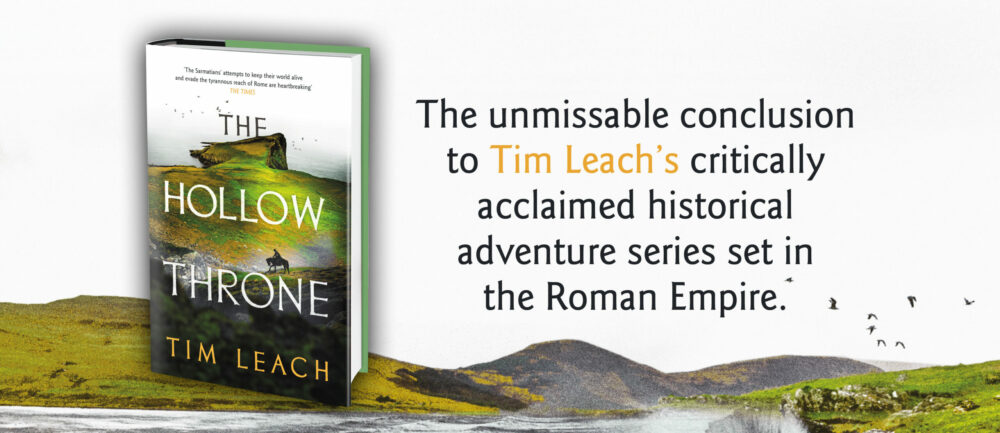I’ve done some creative writing teaching in my time, and when students transition from writing short fiction to novels one of the consistent weaknesses I’ve observed is poor use of chapters. Too often aspiring writers will try and write out a draft without thinking about how they are going to use chapters to control pacing and tension. They seem to have it in mind that they will simply hack it up into roughly even chunks later on, like someone slicing up a loaf of bread. But from the conception of the project, you’ve got to train yourself to process your idea into chapters and sections, it’s part of the novelist’s skill set.
It’s difficult to explain quite how to do this. Much of it, for me, is intuitive. A feel for the flow of narrative is like an ear for music; you know what’s right, but it’s hard to explain why it’s right.
Ask Two, Answer One
The best way that I have found (so far) for expressing the principles of good chapter use is this: a good chapter should answer one question and ask another two. The reader feels that they are getting closer, that they are making progress in understanding the book and the story, but also that the novel is also getting more complex. Satisfaction at progression, but also a hunger to press on and get more answers.
This is a simplification – many chapters will ask and answer many more questions than that. The important principle, at least in the first two thirds of your book, is to make sure that you ask more questions than you are answering. This is part of what generates tension.
Short Term, Long Term
Again, as a broad generalisation, one of these questions will be typically be asked in the beginning/middle of the chapter, and one will be asked right at the end. These questions can be further divided up into short term questions and long term questions.
Short term questions demand immediate resolution, and are usually quite concrete. The hero is tied to a chair – how do they escape? Someone pulls a gun – what is the hero going to do? If you place this question at the end of a chapter, it tends to result in a cliffhanger.
Longer term questions can still be fairly concrete and character related, but will be more overarching (Will those two ever get together? Who is going to win the war?) They may also be abstract or thematic (What can change the nature of a man? Is victory worth it at any price?)
The trick is striking a balance between these – a novel that is filled entirely with short term questions will have an initial insistent pull, but the reader can rapidly get tired of one cliffhanger after another if it doesn’t feel like it is building towards something bigger. Even in the most pacey thriller (where short term tends to dominate), some longer term questions need to be asked. Equally, even a very slow, talky, thoughtful literary novel can do with the occasional cliffhanger on a chapter ending to act as a narrative propellant.
Ending on cliffhanger vs ending on a point of emphasis
The questions you choose to ask and answer are how you control the pacing of your novel. End a chapter on “He raised the gun. He pulled back the hammer. He began to squeeze the trigger.” and you will be increasing the pace of the story. End a chapter on “They sat side by side in silence, and watched as the waves came in.” and you are going to create a pause for thought, have the reader linger on a quiet but significant moment.
To return to that initial idea of music and narrative – a novel is a symphony. You need your crescendos and your diminuendos. Musicality is found through variance, the balance between loud and soft, slow and fast, soft and hard. In narrative, we do this by asking the right questions at the right time.
